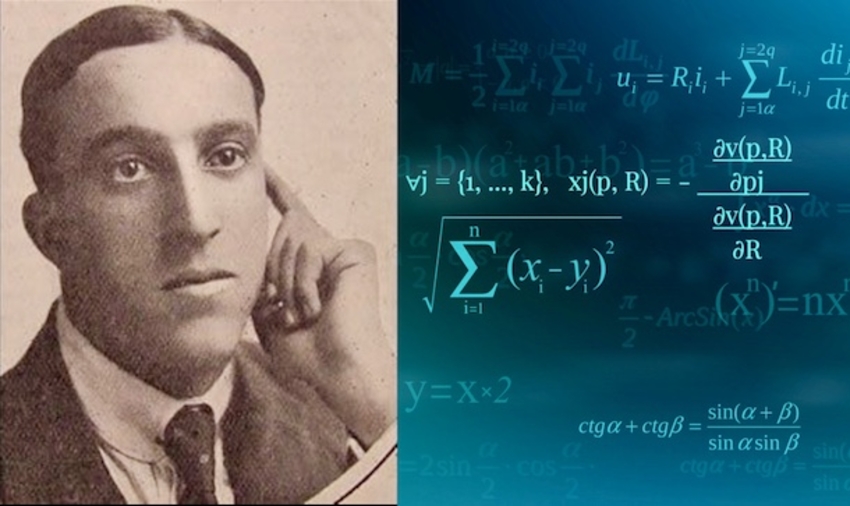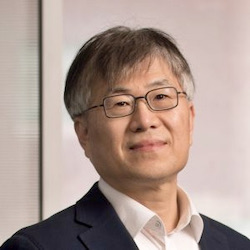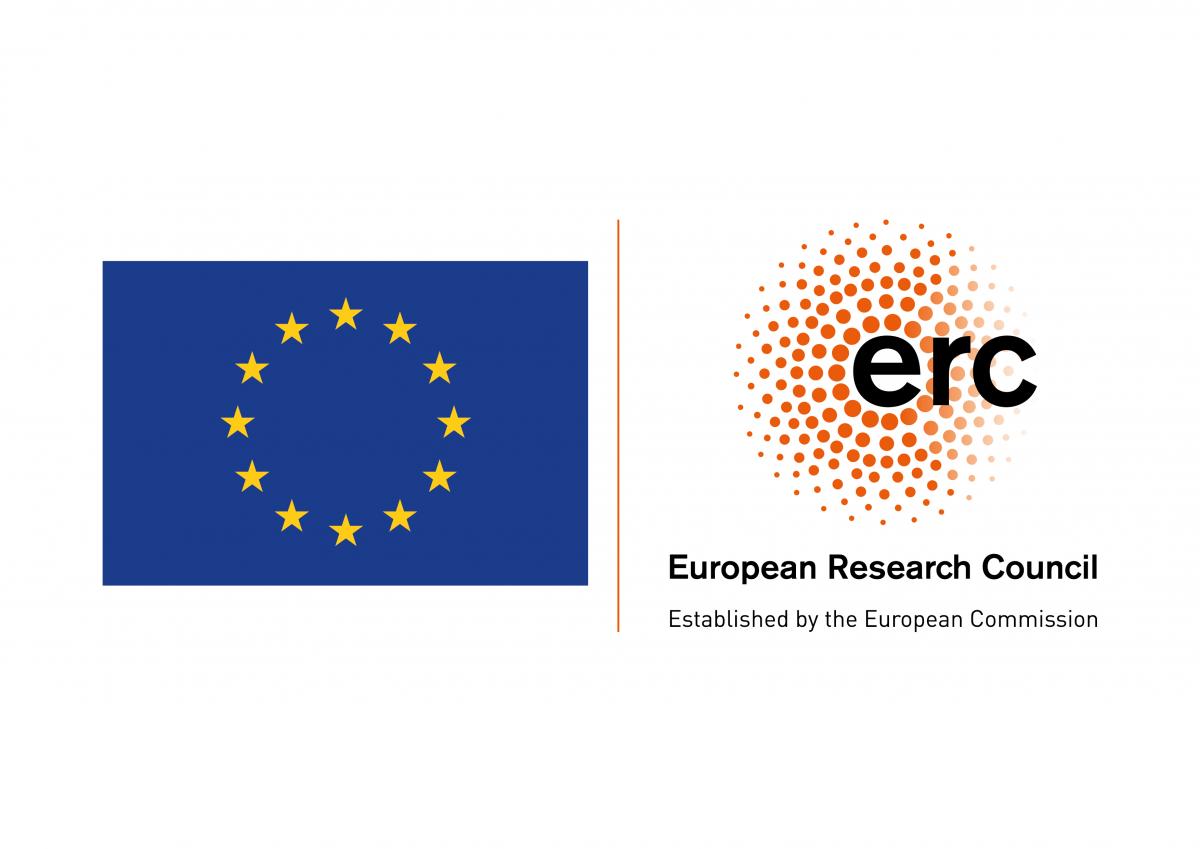Roy-ADRES Seminar *in-person* - June 27th
Roy-ADRES Seminar *in-person* - June 27th

 Portrait of René Roy and stylised equations
Portrait of René Roy and stylised equations

Yeon-Koo CHE is the Kelvin J. Lancaster Professor of Economic Theory at Columbia University. He served as the Executive Director of the Program for Economic Research. He was editor of Journal of Industrial Economics, Associate Editor of Econometrica, and is currently serving as Advisory Editor of Games and Economic Behavior.
His early work contributes to the theory of mechanism and auction design: scoring-rule auctions, auctions with budget constraints, collusion-proof mechanism design, research contest, the incomplete contract paradigm for organization theory, and the matching theory in the context of college and school choice. His current research projects explore the implications of data-driven economic decision making and resource allocation for welfare and distributional consequences.
Yeon-Koo CHE has been awarded a number of honours. He is Fellow of Econometric Society and Fellow of Economic Theory for the Society of Advancement of Economic Theory. He is a member of the Council of Game Theory Society and of the Asian Regional Council of Econometric Society. He was the inaugural recipient in 2008 of the Cho Rakkyo Prize, and the KAEA-MK Prize in 2009. He has given numerous Keynote addresses, notably the Jacob Marschak Lecture at the Econometric Society meeting in Sydney (2016). He has received nine National Science Foundation grants spanning over 20 years.
Yeon-Koo CHE will present a paper, joint with Sarah AUSTER and Konrad MIERENDORFF, at the next Roy-ADRES Seminar on the theme:
Prolonged Learning and Hasty Stopping: the Wald Problem with Ambiguity
More about Yeon-Koo CHE and his research
Date: MONDAY, June 27th - 5 PM
Location: PSE - Jourdan Campus - Room R2-20
This is our last Roy-ADRES Seminar of the academic year 2021/22 - we look forward to seeing you again in the Fall!

This project has received funding from the European Research Council (ERC) under the European Union’s Horizon 2020 research and innovation programme (grant agreement No 101001694)










